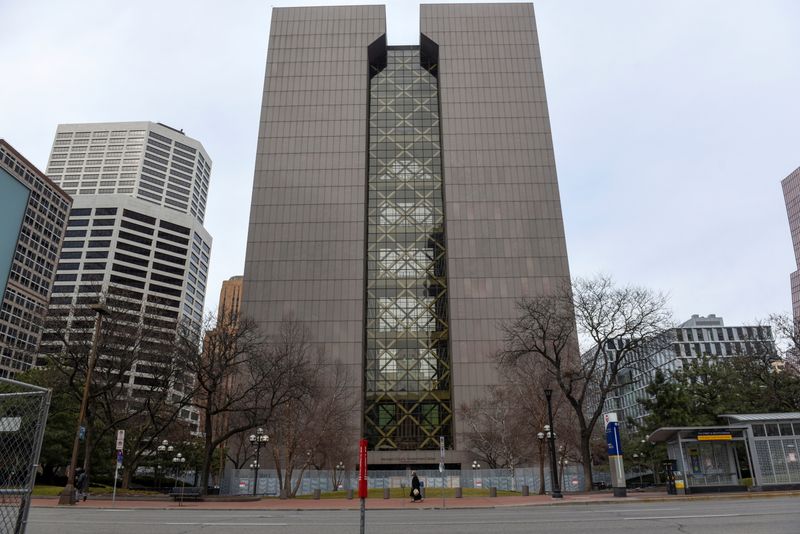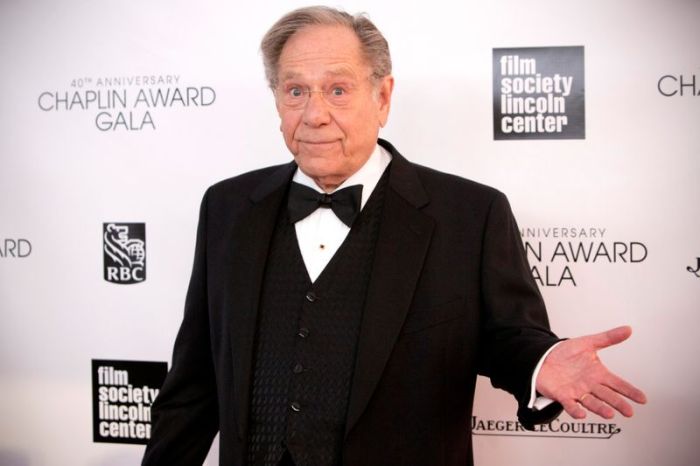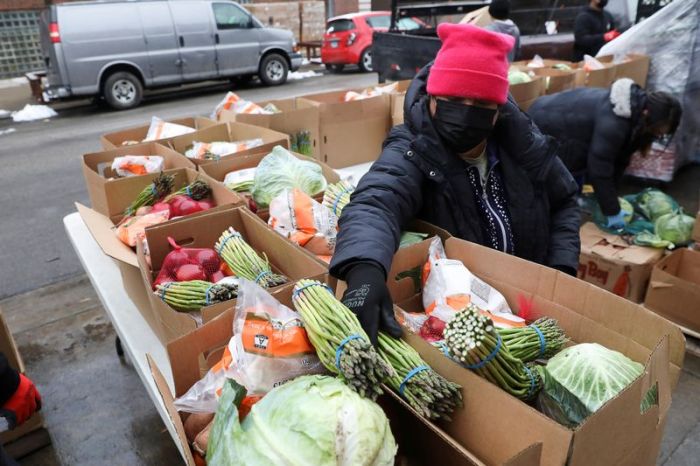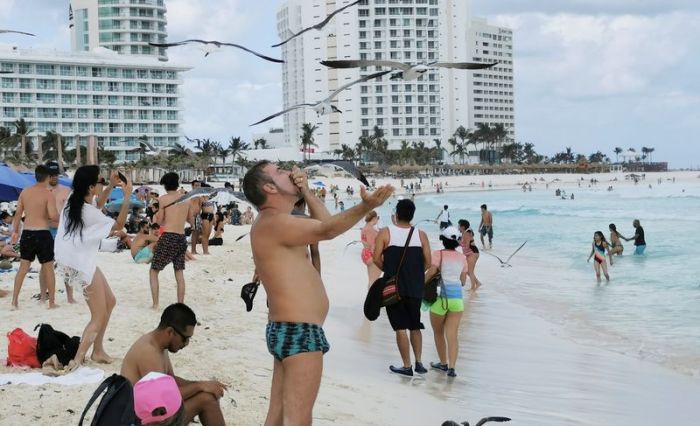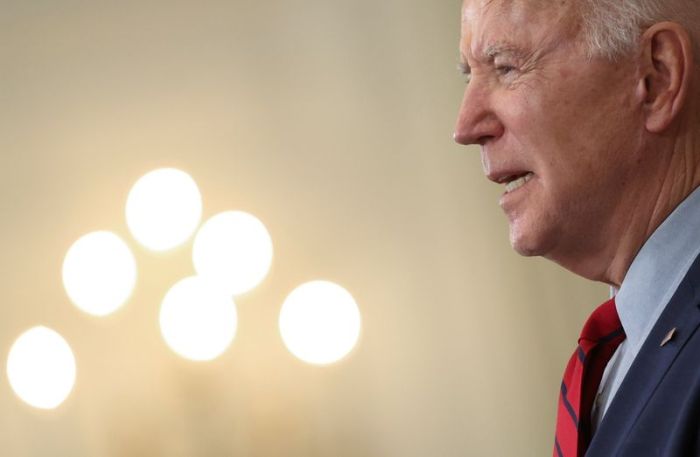(Reuters) – The jury in the trial of Derek Chauvin was seated on Tuesday, poised to weigh if something its members all said they had seen — the former Minneapolis policeman pressing his knee on the neck of a dying George Floyd in a bystander’s cellphone video — amounts to murder.
More than 70 potential jurors were screened over two weeks, whittled down through wide-roaming questions on their jobs, their preferred local sports teams, their pets and their views on whether there is systemic racism in the U.S. criminal justice system.
The process culminated in a jury made up of four white women, two white men, three Black men, one Black woman and two multiracial women, according to court records, who will gather next Monday to hear opening arguments. Three alternates were seated: two white women and a white man.
Finding Minneapolis residents who had not heard of Chauvin, who is white, or the worldwide protests against racism that sprang from the death of Floyd, a Black man, was impossible. Even finding someone who had not already formed a negative impression of Chauvin was difficult, the court soon learned after sending out unusually detailed 16-page questionnaires to the jury pool.
One potential juror, a young Black woman, said repeatedly that she could not “unsee” the video of Floyd’s arrest, and was soon dismissed. Another, a white man in his 70s, said the footage left him appalled: “I’m sorry to Mr. Chauvin,” he said, as Chauvin looked up from the pages of notes he was making in a yellow legal pad, “but that’s where I am: I could not say I honestly would be an impartial juror.”
Hennepin County District Judge Peter Cahill settled for jurors who could assure him that they could put aside any preconceived notions formed from international news coverage of the case.
Neither prosecutors from the Minnesota attorney general’s office nor Chauvin’s lawyers found reason to object to how one juror, a Black banker in his 30s, summarized Chauvin.
“I don’t think he had any intention of harming anyone,” the man said, “but somebody did die.”
BLACK LIVES MATTER?
Chauvin, 45, has pleaded not guilty to charges of second-degree murder, third-degree murder and second-degree manslaughter, saying he was following police training during the deadly arrest of Floyd on May 25, 2020, on suspicion of passing a fake $20 bill.
Many potential jurors were led by lawyers through a dissection of the Black Lives Matter protest movement. Some saw it as an admirable rallying cry. Some saw it as diminishing the lives of non-Black people: “I think all lives matter,” several retorted.
“I am Black, and my life matters,” a grandmother in her 60s said, shortly before being picked as a juror.
Some said they found the police a reassuring presence, though anyone who said they found police officers in general more inherently trustworthy than civilians was soon dismissed.
Some recalled painful past encounters with police: One Black man, who was dismissed, said he lived in a mostly Black community near the site of Floyd’s death. He told the court he recalled police cars would drive around the neighborhood after a fatal shooting blaring the song “Another One Bites The Dust.”
A white woman said she was “super excited” to receive the jury summons for this case last year. “Awesome!” she said when Cahill told her she would be on the jury.
More often, potential jurors said they felt uneasy upon opening the envelope with the court summons, or were upset by the barricades and barbed wire and soldiers from the state National Guard arrayed around the downtown Minneapolis tower where the trial is unfolding.
Cahill has promised all jurors anonymity for the trial’s duration. Still, one woman, a mother of three, left red-faced and on the verge of tears after Cahill gently dismissed her upon hearing how fearful she was for her family’s safety.
Cahill, who noted judges feel “protective” of their jurors, presented himself as a reassuring, avuncular figure: “The only ones who aren’t nervous are those of us who kind of live in the court,” he said to one man who seemed to need soothing.
But the judge showed flashes of anger, too. At one point, he threatened to cut off journalists’ access after a reporter wrote about the many armed guards he saw in and around the building.
A few days into jury selection, the city of Minneapolis announced a record-breaking $27 million payment for Floyd’s family to settle its wrongful death lawsuit. This frustrated Cahill, who was forced to dismiss two jurors he had already seated when they subsequently said the settlement would influence them.
“I’ve asked Minneapolis to stop talking about it,” Cahill said at one point, with visible irritation. “They keep talking about it. We keep talking about it. Everybody, just stop talking about it.”
(Reporting by Jonathan Allen; Editing by Chizu Nomiyama and Dan Grebler)

